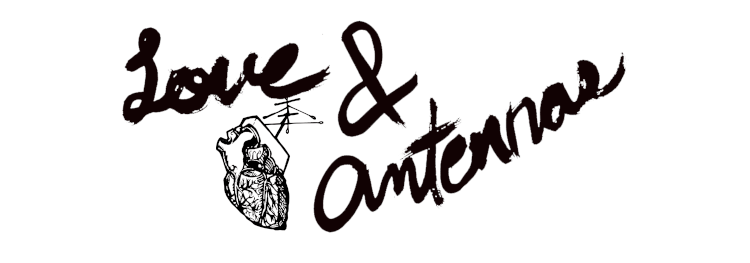Rain hits the windowpane, calling the dust to come outside and play. A table fan scans the room back and forth, breathing it's redundant voice. The neighbor's upstairs steps, the sound of a small hammer gently tapping random locations throughout the hardwood landscape. Vermes, sat at his desk, moving his fingers back and forth across the typewriter. Feeling the weight of each letter. The spring of each button, as it bounced back after every type. He enjoyed the old typewriters. Before computers became the model, for every citizen. He was old school. LIke the pictures of the greats in the world. Always by their typewriters. His, an upright behemoth, almost like a small piano in the corner of his office/place to sleep/place to think, was sturdier than a tank. Built by the gunmakers, Smith and Wesson. 100 pounds of possibilities. Louder than a pistol, and sharper than a pencil.
He spent many of his days there, concerned with love, history, and other dreams. This machine was all that was left of his past. A relic of no remorse. A ruin with contempt for the constrained. A Rembrandt in a modern art gallery. He didn't care. This machine had a soul. It came to life. He could feel all it's moving parts. He preferred that to the light taps a modern keyboard made. Delicate. No despair in it's decisions. A thousand words, with no meaning in minutes. He knew faster didn't mean better. Forests take time. Typewriters were work. Typewriters were messy. A scrivener's palette. Ribbon, blood, and ink. Letters carved on sheets that took hundreds of years to grow. Every word had to have purpose. Every line a path past the nostrils of the present day pastor.
Most days Vermes slept. His nights were where he did most of his work. When the others around him were asleep. When the noises and upstairs whispering stopped. The kids next door fell into bedtime story induced dreams of dragons, druids, and ducks. When the televisions, also turned off. This was when he did his work. His writing, which for the most part, was a way to relieve himself of the thoughts that circulated his day dreams. It was easier to create when the sounds of the world had gone to rest. When all that was left were the dripping remains of the day, coming down from the edge of the doorway. When the party of the sun was over, he could come in with the children of the moon, and clean up the pieces, left behind. The stories that stuck to paper plates. Lipstick smudges on broken, spilt, whiskey glasses. People's lives left trails of confetti everywhere they went. When the parade wagons had gone, he would come in and sweep up the memories.

